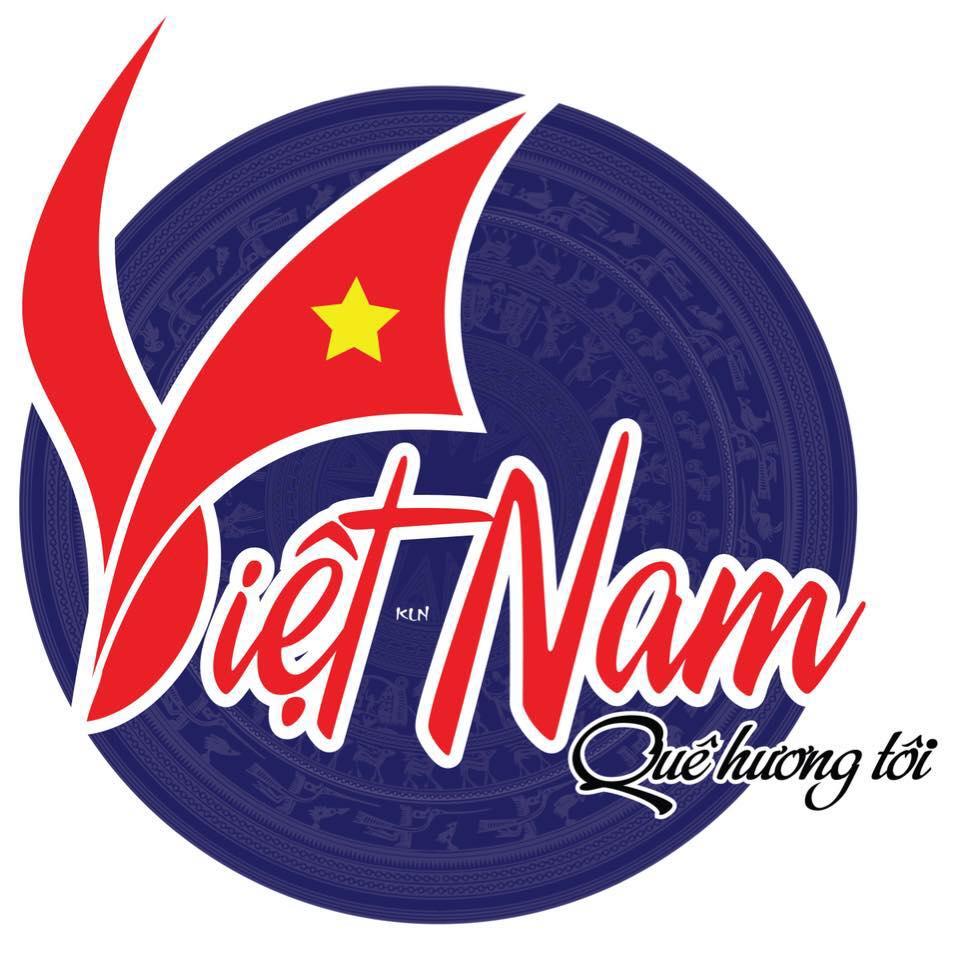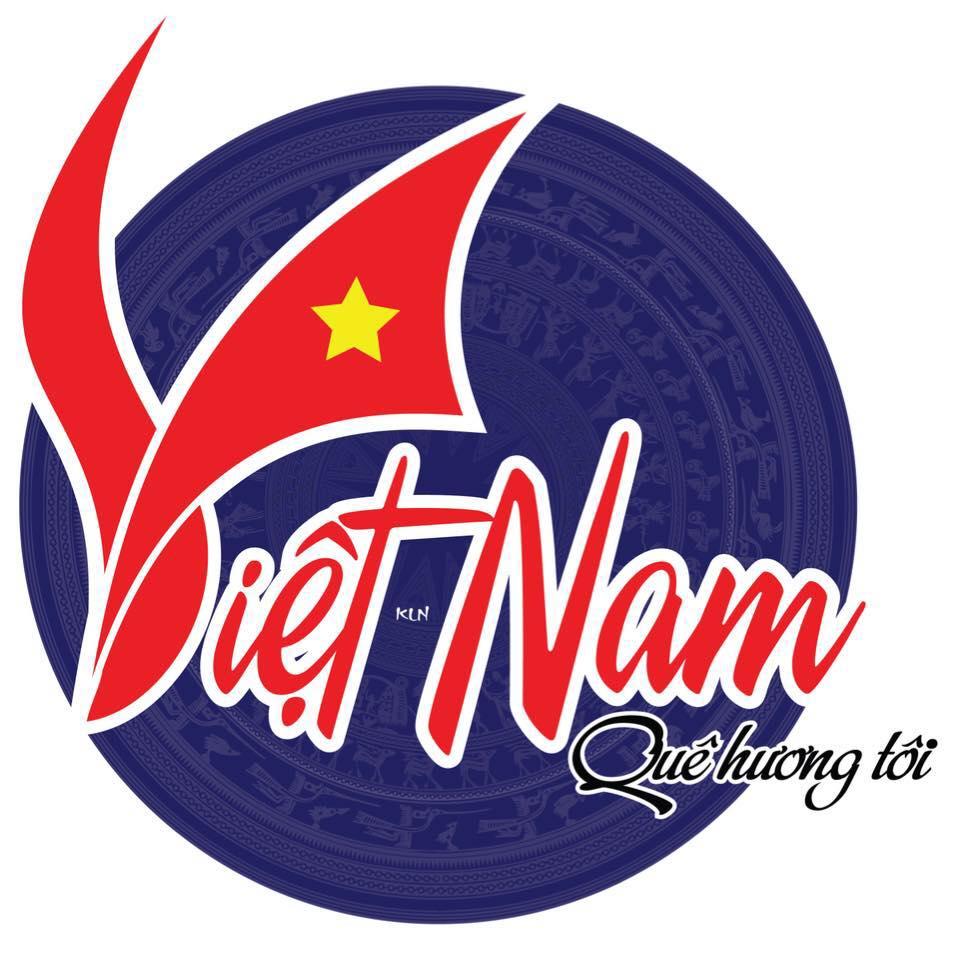The steady rise in industrialization and urban development is shaping the Brazil Polyisobutylene Market in remarkable ways. Polyisobutylene’s excellent flexibility and chemical resistance make it a key component in automotive, adhesive, and sealant applications. The market’s expansion is supported by robust construction activities and an increasing focus on modern manufacturing materials. Brazil’s polymer industry is becoming more competitive as local companies adopt advanced production techniques and sustainability-driven strategies.
One of the notable trends in the market is the adoption of automation and digital quality monitoring in polymer production lines. These technological integrations enhance productivity and maintain consistent product standards. Moreover, companies are investing in R&D to create high-performance polyisobutylene grades suited for specialized industrial needs.
As sustainability remains a core theme, the transition to low-carbon materials has strengthened the polymer industry’s commitment to environmental responsibility. This evolution is particularly relevant in Brazil, where industrial modernization aligns with climate-conscious growth.
According to recent studies, the Brazil Polyisobutylene segment continues to witness rising demand across packaging and automotive applications. With a steady flow of investments and growing regional trade, the market is set to experience progressive expansion across the decade.


